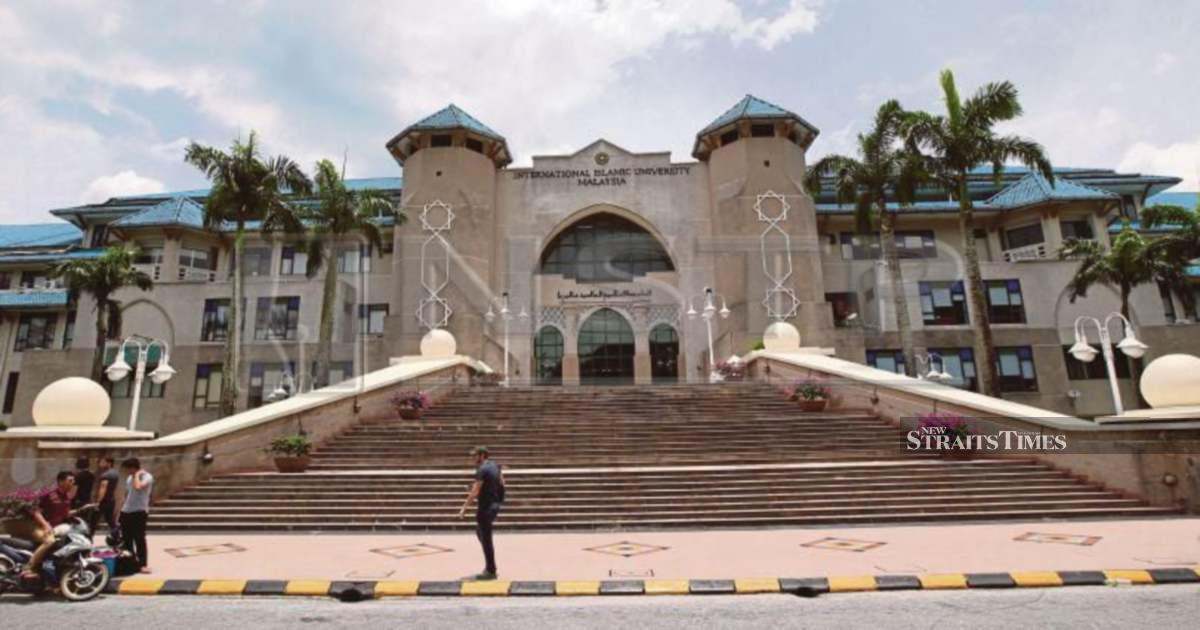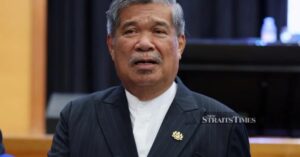KUALA LUMPUR: An International Islamic University Malaysia (IIUM) lecturer has defended her claim that ancient Romans learned shipbuilding from the Malays after a video of her lecture went viral and sparked backlash.
Professor Dr Solehah Yaacob, an Arabic language lecturer and professor of linguistic thought, said she has been subjected to ridicule and “media lynching” over a statement she made based on a research hypothesis “developed through extensive study.”
“During the past few days, I have been the victim of a media lynching following a public lecture that I delivered at Masjid Gombak Setia on Dec 31, 2022.
“As a result of this lecture, in which I discussed, among other topics, the historical relations between the Romans and the Malay world, I have been ridiculed on social media, in tabloids, and by official news outlets,” she wrote on Facebook today.
She explained that her hypothesis, grounded in classical Arabic sources, proposes that the Romans acquired aspects of the art of shipbuilding from the peoples of the Malay Archipelago.
“Unlike the Europeans, who were largely continental, the Malays were a maritime civilisation.
“Their superior nautical knowledge and shipbuilding skills made them among the earliest masters of the sea.
“I firmly believe that the Malays were among the first peoples in human civilisation to develop the art of shipbuilding, and that the Romans, like many others, learned navigational skills from earlier seafaring civilisations—most probably from the maritime Malay world.”
She also claimed that there is supporting evidence from museum archives in Australia that note “the finest deep-sea shipbuilders originated from Austronesia (modern-day Indonesia).”
“Historical newspaper reports even record the striking statement: ‘The first man to sail around the world was a Malay’,” she added.
She said that “it is also important to note that the term “Malay” predates the term “Austronesian,” which was only coined by European Orientalists in the 19th century as part of their academic dassification systems.”
“Before this label emerged, who were these seafaring peoples? Clearly, during the period of the Śrīvijaya Empire (c. 600-1200 CE)-known as the Great Maritime Malay Kingdom-our ancestors were already recognised as Malays.”
Solehah cited several references to support her claim, including P.Y. Manguin’s The Southeast Asian Ship: An Historical Approach in the Journal of Southeast Asian Studies and R.L. Smith’s book Premodern Trade in World History.
Clarifying her position further, she said her academic hypothesis suggests the Romans “may have learned shipbuilding from early Malay seafarers, based on historical and classical sources.”
Responding to other videos circulating online that she said were edited and misleading, she denied ever claiming that Prophet Muhammad’s wife, Siti Khadijah, had Malay heritage.
She said the clips were taken out of context and that she has filed a police report.
She also provided links to the unedited video for verification.
Pointing to academic freedom, Solehah said scholars should not face persecution for their views, whether their hypotheses are right or wrong.
“With these clarifications, I sincerely hope that all forms of slander, insult, disinformation, and ridicule circulating across social media, tabloids, and official news outlets will come to an end.
“My hypothesis concerning the achievements of the Malays and the borrowings of the Romans may be right or wrong. However, in both our academic and Islamic traditions, we are taught to respect differing opinions.”
She drew parallels with Giordano Bruno, highlighting historical intolerance toward scholars with unconventional ideas.
“In Islam, we do not persecute or condemn scholars for their views, as the Church once did with Giordano Bruno, who was burned at the stake for asserting that the Earth orbits the Sun and that God is One, not three.”
Bruno, an Italian philosopher, was known for his cosmological theories.
He practised Hermeticism and explored the universe from a mystical perspective.
He proposed that stars were distant suns surrounded by planets (exoplanets) and suggested these planets could harbour life—a view known as cosmic pluralism. He also argued that the universe is infinite and may have no centre.
Bruno was tried for heresy by the Roman Inquisition on charges including denial of eternal damnation, the Trinity, the deity of Christ, the virginity of Mary, and transubstantiation.
He was found guilty and burned at the stake in Rome’s Campo de’ Fiori in 1600.
Previously, IIUM issued a statement saying it took the matter seriously and would investigate internally. The university said it regretted the professor’s actions, which it said had tarnished its academic integrity and reputation. However, it added that Solehah’s claims were her personal opinion and did not reflect the university’s position.
This is not the first time Solehah has come under fire.
© New Straits Times Press (M) Bhd






